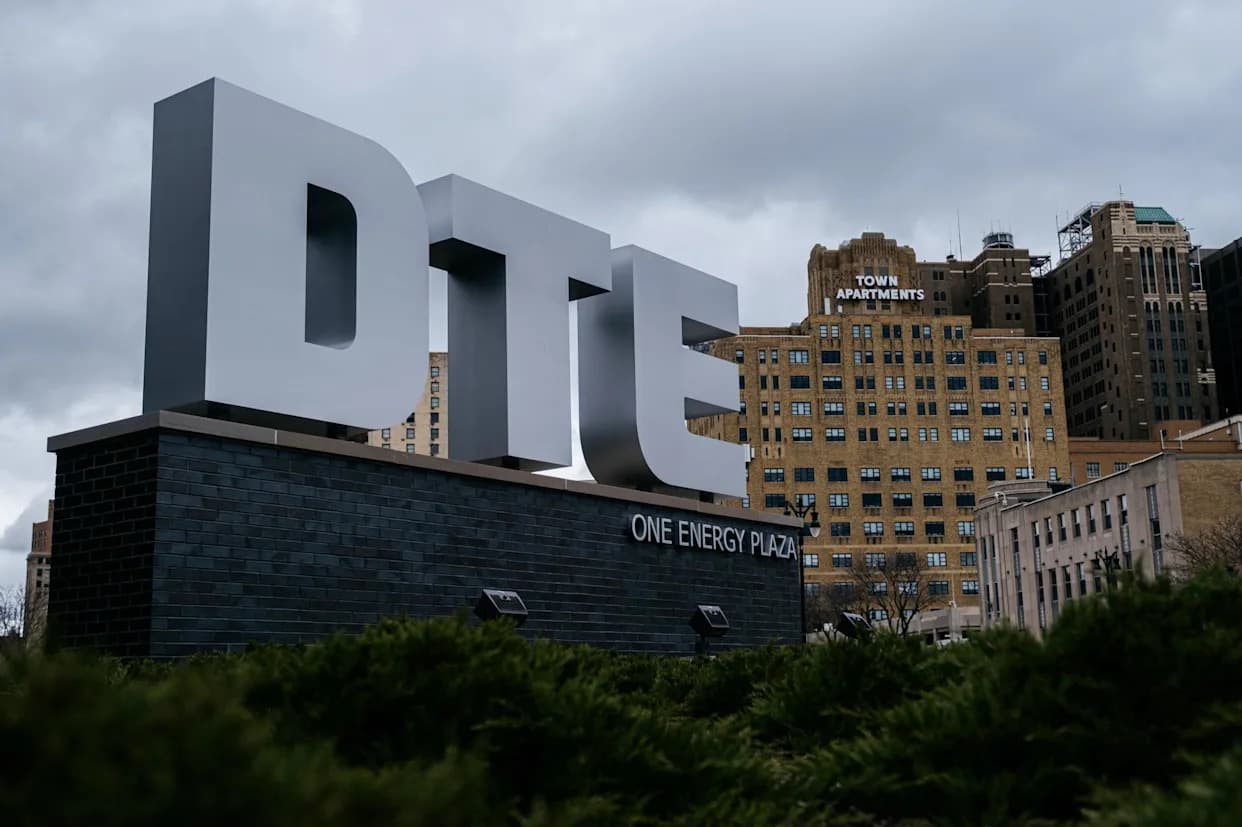The federal government has ordered the J.H. Campbell coal plant in Michigan to remain in operation past its planned May 31 retirement, citing 'emergency conditions' and extending the directive until Feb. 17. The 1962 plant can generate up to 1,450 MW—enough for about 1 million people. Environmental groups and Michigan’s attorney general have sued to overturn the order, and Consumers Energy says keeping the plant running has added $80 million in net costs through September, passed to multistate-grid customers.
Federal Order Keeps Michigan's J.H. Campbell Coal Plant Open Past Planned Closure; Critics Sue

The U.S. Energy Department has extended a federal order requiring the J.H. Campbell coal-fired power plant in western Michigan to remain online beyond its planned May 31 closure, citing 'emergency conditions' to ensure reliable electricity across the central United States. The latest extension keeps the plant operating until Feb. 17.
Located near Lake Michigan in Ottawa County, the Campbell facility began operating in 1962 and can produce up to 1,450 megawatts—enough electricity for roughly 1 million people. Consumers Energy, which planned the retirement as it moves toward cleaner generation, confirmed it will continue operating the plant under the federal directive.
Environmental groups and Michigan’s attorney general have challenged the administration’s orders in court, arguing the emergency justification is unjustified and costly. In a statement, Earthjustice attorney Michael Lenoff said, 'The costs of unnecessarily running this jalopy coal plant just continue to mount.'
In an October securities filing, Consumers Energy reported net expenses of $80 million through September attributable to keeping Campbell online; those costs will be recovered from customers who participate in the multistate electric grid. State utility regulators criticized the initial May order but declined to comment on the most recent extension.
Why the government says it’s necessary
The Energy Department says the extension addresses regional reliability concerns and helps prevent potential outages during periods of high demand in the central U.S. Officials contend that temporarily keeping the plant online is a precaution while other resources and planning adjustments are made.
Why critics oppose the order
Opponents argue that alternatives exist to meet demand without prolonging reliance on an aging coal facility, and they stress the environmental, health and financial costs of continued coal generation. Legal challenges are pending, highlighting tensions between short-term grid reliability and long-term clean-energy goals.
Help us improve.


































